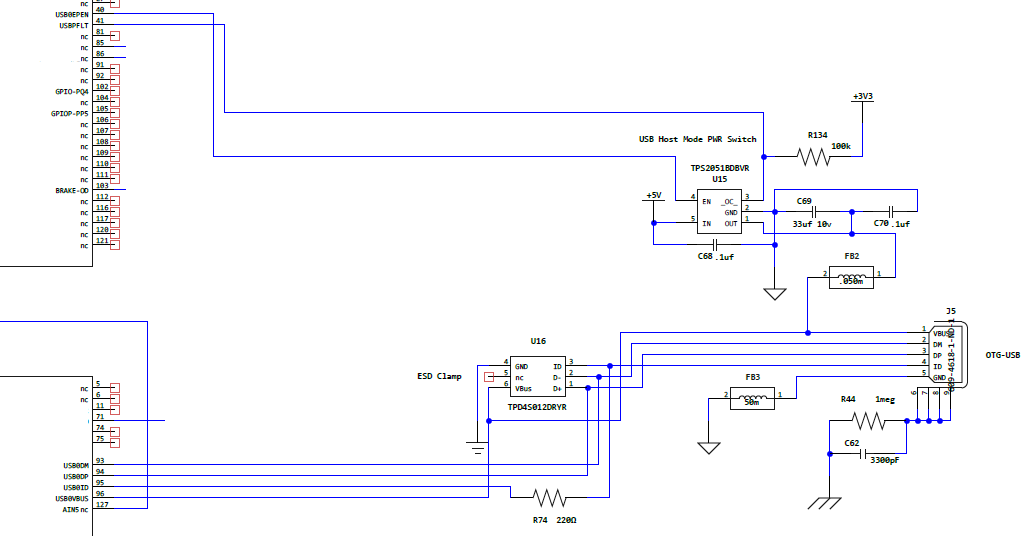Other Parts Discussed in Thread: EK-TM4C1294XL, TPS2052, TPS2051, TM4C1294NCPDT
I'm looking for a way to access the older 2.1.0.12573 release of TivaWare. Is there a page at Texas Instruments where I can download older releases?
In all honesty, I'm not even sure whether 2.1.0.12573 is the release I need or perhaps an even older one.
The reason I need this is that I started work on some firmware two years ago, and it seems that some features have changed even though my source was not modified. I assume this means that the TivaWare changed. It's not quite normal for such a long time to pass between starting and finishing firmware, and this means that I'm working on a different computer with a different release of Code Composer Studio. I do recall that my firmware was at least responding to attached USB devices, and that no longer works. My hunch is that if I do a compare of the old and new Tiva code, I should be able to see what changed and potentially what I need to do to restore the missing features in my firmware.
Admittedly, I should commit all source and binaries needed for a project so that everything can be duplicated. However, this project did not have an imminent release and now I don't seem to have access to the same version. I certainly plan on saving everything in Subversion this time so that I don't have any surprises a few more years down the road.


